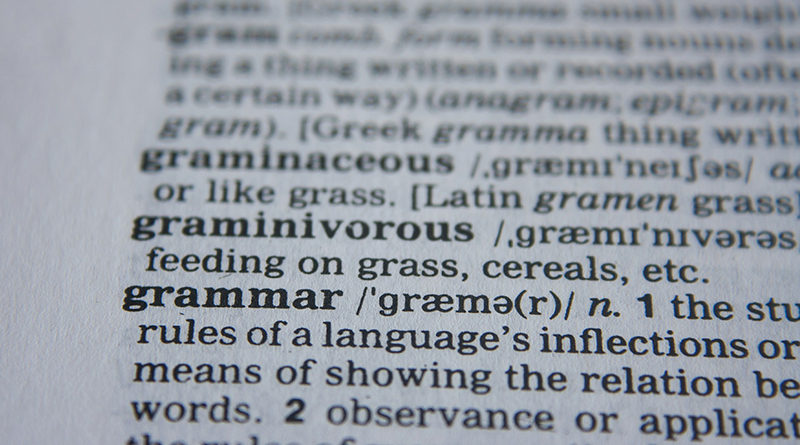Simple past and present perfect
Wann werden die Zeiten „simple past“ und „present perfect“ verwendet? Hier noch einmal die Regeln und ein paar Übungen.
By Moya Irvine
For foreigners learning German, one of the biggest problems is whether to use “die”, “der” or “das” with nouns. The most annoying thing is that German children who have only just learned to speak get it right every time!
German speakers might feel the same about English tenses. English speakers make spelling mistakes, use the wrong words and mix up „there“ and „their“, for example, but they always know when to use the simple past and the present perfect.
So for all those who don’t know instinctively when to use which tense, here’s a quick reminder of the rules.
Simple past
We use the simple past to refer to something that was completed in the past. We often use it with expressions like yesterday, last week, in 1984, a month ago.
He emigrated to Australia in 1996.
Did you see the football match last night?
I didn’t go to work yesterday because I had to go to the doctor.
However, the speaker doesn’t always include a „time“ word. If the action or event started and finished at a time in the past, you have to use the simple past even if no time is given.
I stayed home because I was ill, but I am better now.
The shoes didn’t fit, so she sent them back.
Present perfect
The present perfect is formed from the verb to have + the past participle. We use the present perfect to talk about something that started in the past but is connected with the present. The present perfect is often used with expressions like yet, ever, never, already, so far, up to now, today, this year, since + a point in time, and for + a period of time.
Ireland has been a member of the EU since 1973. (It still is a member.)
I haven’t seen the new Star Wars film yet. (until today)
Have you ever been to Scotland? (until now)
I have worked very hard this year. (the year isn’t over)
Now try this exercise and see how good you are at using these two tenses. Choose the correct option in each sentence.
1. John has lived/lived in Germany all his adult life and he wants to stay here now.
2. He hasn’t seen/didn’t see the new Marvel film yet.
3. Germany has been/was divided after the Second World War.
4. Our new manager speaks really good French because she has grown up/grew up in France
5. I haven’t seen/didn’t see Boris this week, but we have met/met for lunch two weeks ago.
6. Christopher Columbus has discovered/discovered America and it has been/was dominated by Europeans ever since.
7. I have never seen/never saw such a terrible traffic jam on this motorway.
8. We have received/received €1 million in donations so far, and more people will probably donate money in the next few days.
9. I have already done/already did the washing up, so you can sit down and relax now.
10. She hasn’t flown/didn’t fly home for Christmas for years, but she is planning to go this year.
11. The children have been/were at the playground since breakfast time.
12. The road has been/was closed because of the snow, but it’s open again now.
13. Have you read/Did you read the new book by Stephen King?
14. Stonehenge has survived/survived almost intact until today.
Answers: 1. has lived; 2. hasn’t seen; 3. was divided; 4. grew up; 5. haven’t seen/met; 6. discovered/ has been; 7. have never seen; 8. have received; 9. have already done; 10. hasn’t flown; 11. have been; 12. was; 13. have you read; 14. has survived
| Photo: Pixabay






